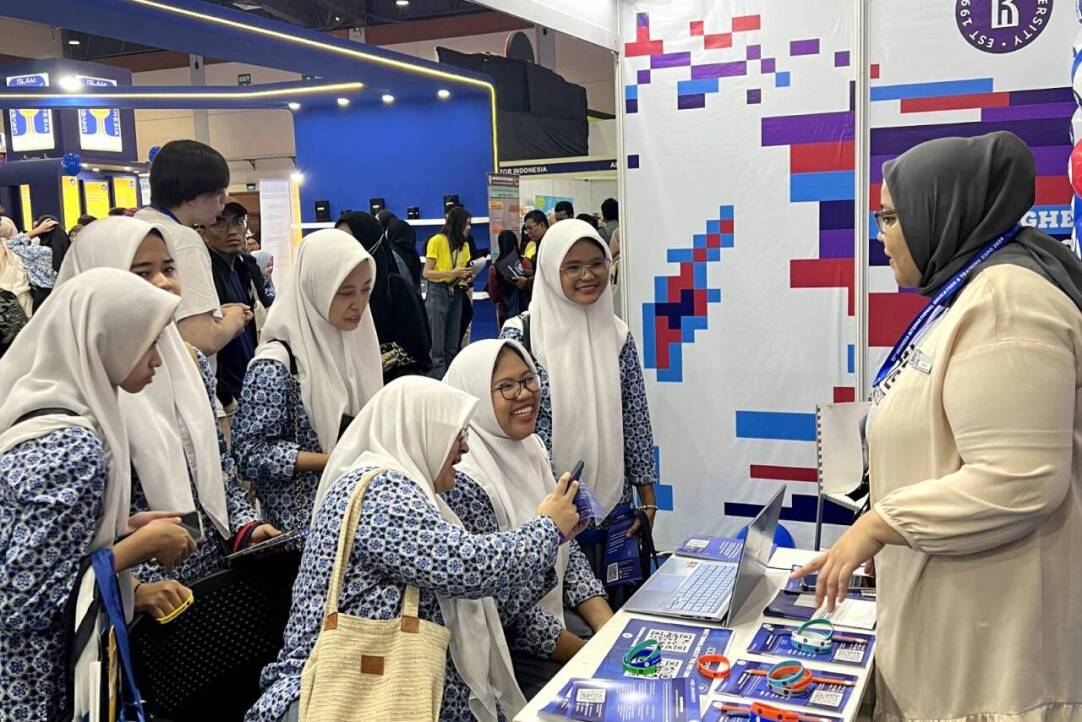
‘HSE University Has a Lot to Offer to Applicants from Southeast Asia’
A delegation from HSE University presented the institution at the Indonesia International Education and Training Expo. Additionally, a series of events were organised in Jakarta, the capital city of the country, where representatives from HSE University interacted with Indonesian applicants interested in bachelor's and master's programmes.

‘We Managed to Capture the Diverse Landscape of Higher Education in India’
A delegation from HSE University in St Petersburg has visited universities in India. HSE representatives attended eight universities, and held meetings with management, teachers, and researchers. Here, participants talk about their impressions, cooperation agreements and some cultural peculiarities of India.
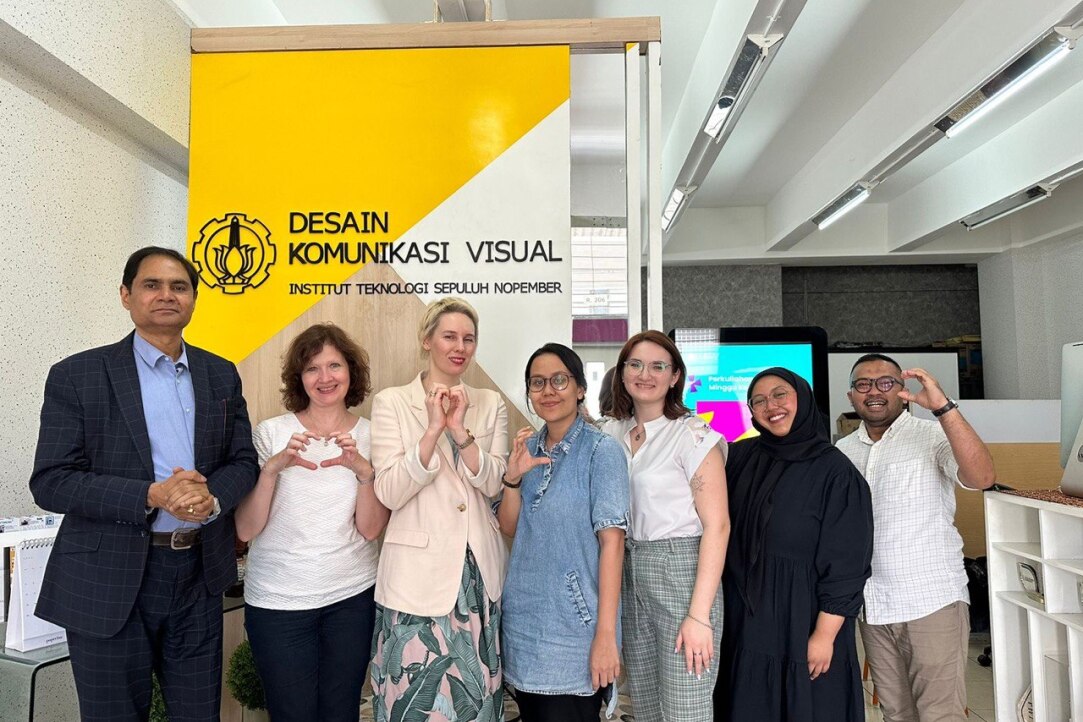
HSE University Representative Office Launches Promotion Campaign in the Asia–Pacific Region
The HSE University Representative Office in the Asia–Pacific Region (APR) is launching a campaign to promote academic cooperation opportunities in the region. The programme has been initiated by Bima Ramadhani, head of the representative office, and graduate of HSE University in St Petersburg. The programme focuses on expanding cooperation with both Indonesian universities and other educational institutions within the Asia–Pacific region.
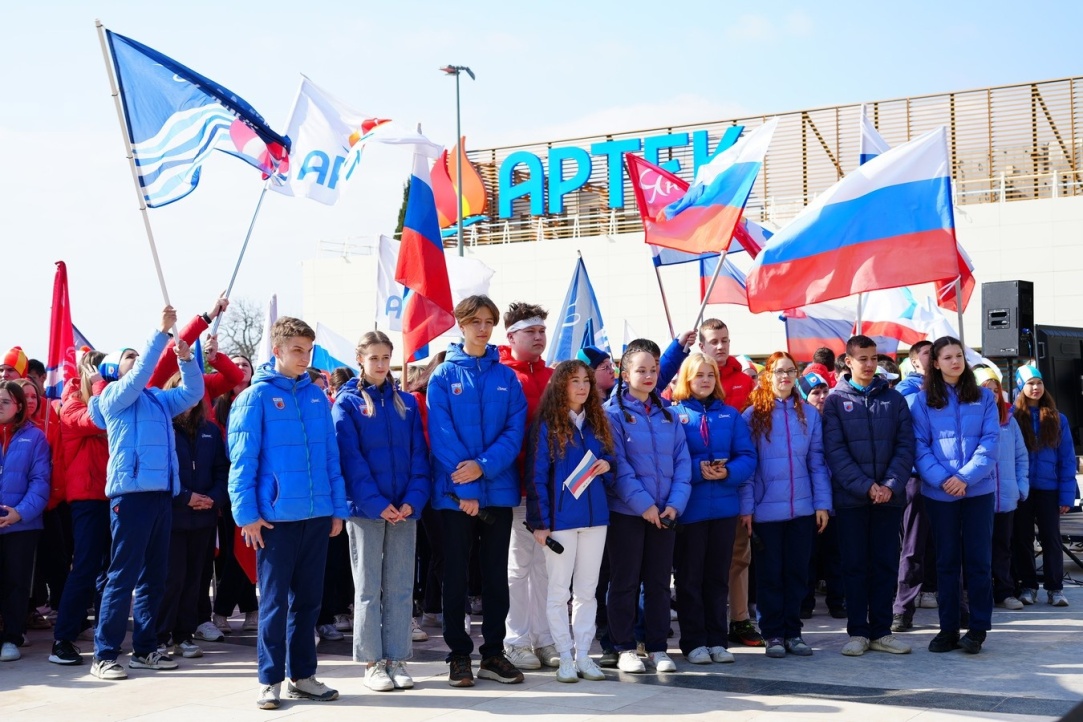
HSE Becomes a Co-Organiser of the People of Artek International Campaign
The ‘People of Artek’ international contest is held annually by the Artek International Children’s Centre in Crimea. The contest is open to participants aged 12 to 17. In 2023, school students from 14 countries took part in the contest, with 69 of them visiting the Artek camp as winners.
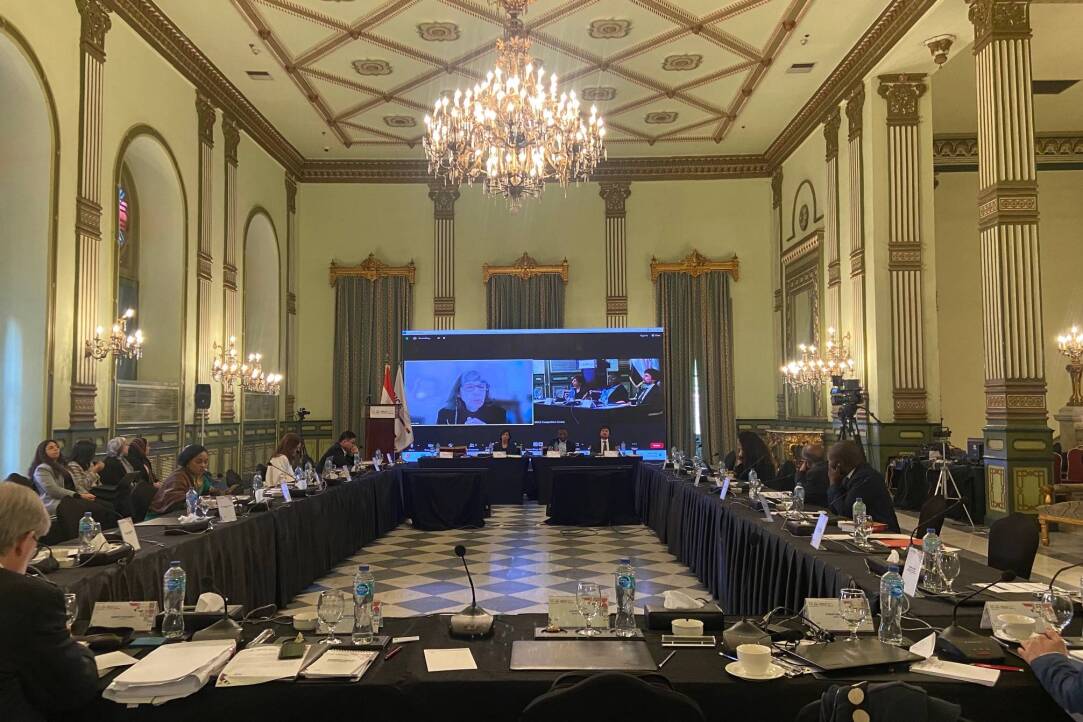
BRICS Antimonopoly Authorities to Join Forces in Regulating Grain Markets
More than 70% to 80% of the calories we consume are derived from grain products. However, the global grain market today is dominated by a small group of traders. The HSE International BRICS Competition Law and Policy Centre has proposed establishing an intergovernmental BRICS platform on fair competition to serve as a new mechanism for coordinating the efforts of antimonopoly authorities in regulating global markets. This topic was discussed at an international seminar in Cairo.

HSE University-St Petersburg in India: ‘Powerful Impulse for Professional Growth’
Teachers and researchers from HSE University-St Petersburg took part in the 14th Global Week. This is a unique format of international academic cooperation based on one of India's leading private universities—Chitkara University. They gave lectures, master classes, seminars, and presented the results of their research and field work.

HSE Creates Centre for South Arabian Studies
The new centre will operate as part of the Institute of Oriental and Classical Studies (IOCS) at the HSE Faculty of Humanities, and its flagship project will focus on the study of the language and oral folklore of Socotra Island. The centre is a trilateral international partnership between HSE University, the Institute of Oriental Studies of the Russian Academy of Sciences, and a consortium of leading universities in the UAE. Read on to find out about what South Arabian studies involves and what research HSE scholars do in this field.
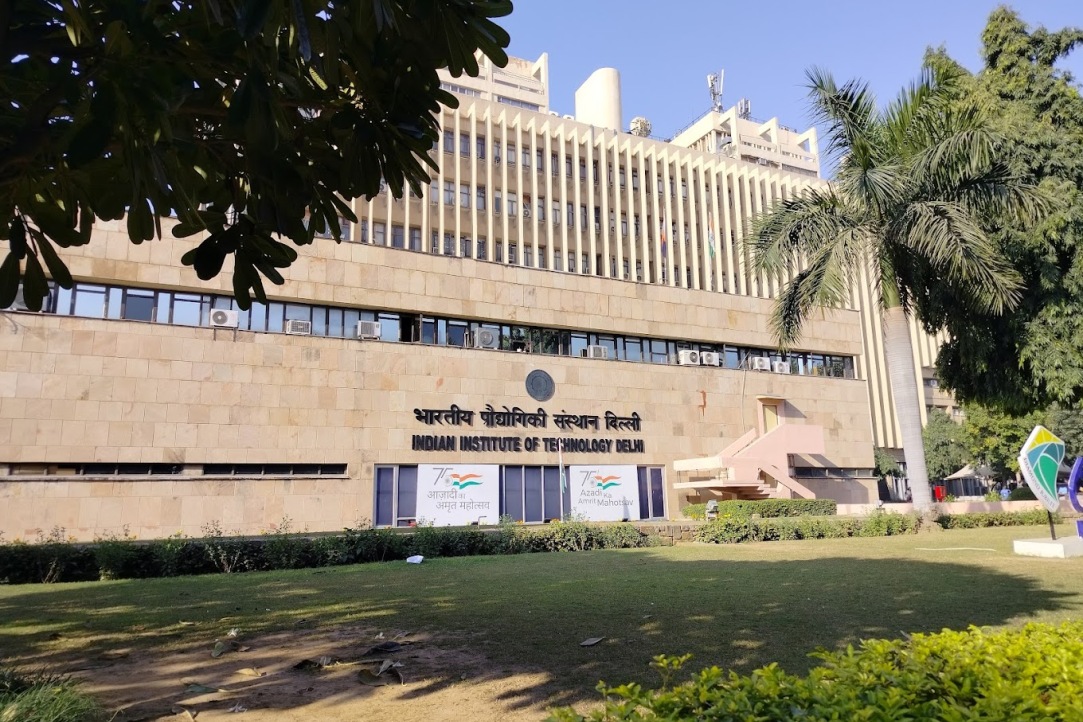
HSE and Indian Institute of Technology Delhi Agree on Joint Research Projects
HSE University-St Petersburg and the Indian Institute of Technology Delhi (IIT Delhi), a leading Indian university, have agreed to launch joint research projects in the field of social, political studies, humanities, and data analysis for master's students. On the Russian side, this work will be coordinated by the HSE St Petersburg School of Social Sciences.
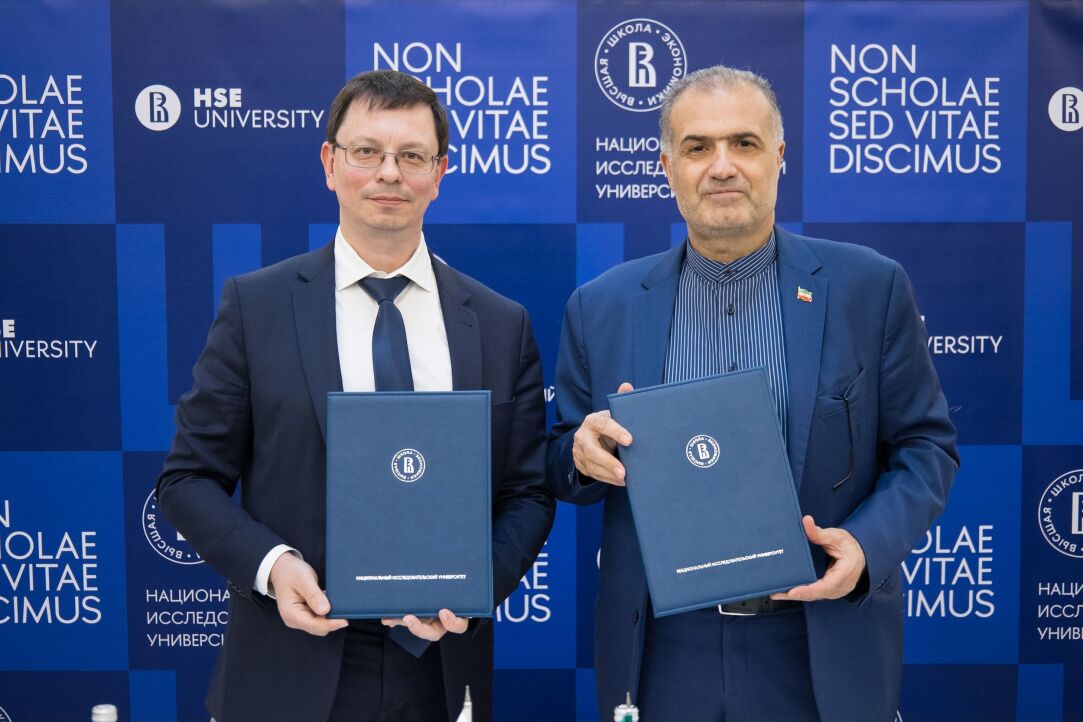
‘There Are Many Directions in Which We Can Develop Our Relations with Iran’
On February 12, an official signing ceremony was held for an agreement on the free transfer of literature published by the Organisation for Researching and Composing University Textbooks in the Islamic Sciences and the Humanities under the Ministry of Science, Research and Technology of the Islamic Republic of Iran (SAMT) to HSE University. The event took place in the HSE University library on Pokrovsky Bulvar.
.jpg)
HSE and India's Leading Business School IIMI to Create Mirror Laboratory on Environmental and Social Well-Being
HSE and the Indian Institute of Management Indore (IIMI) have agreed to open a mirror laboratory, determining their key priorities to be joint activities in the fields of nature conservation, research into environmental behaviour and sustainable development, and territorial branding in relation to Indian regions. The agreement on the new laboratory was reached during an ongoing visit by an HSE delegation to India.

